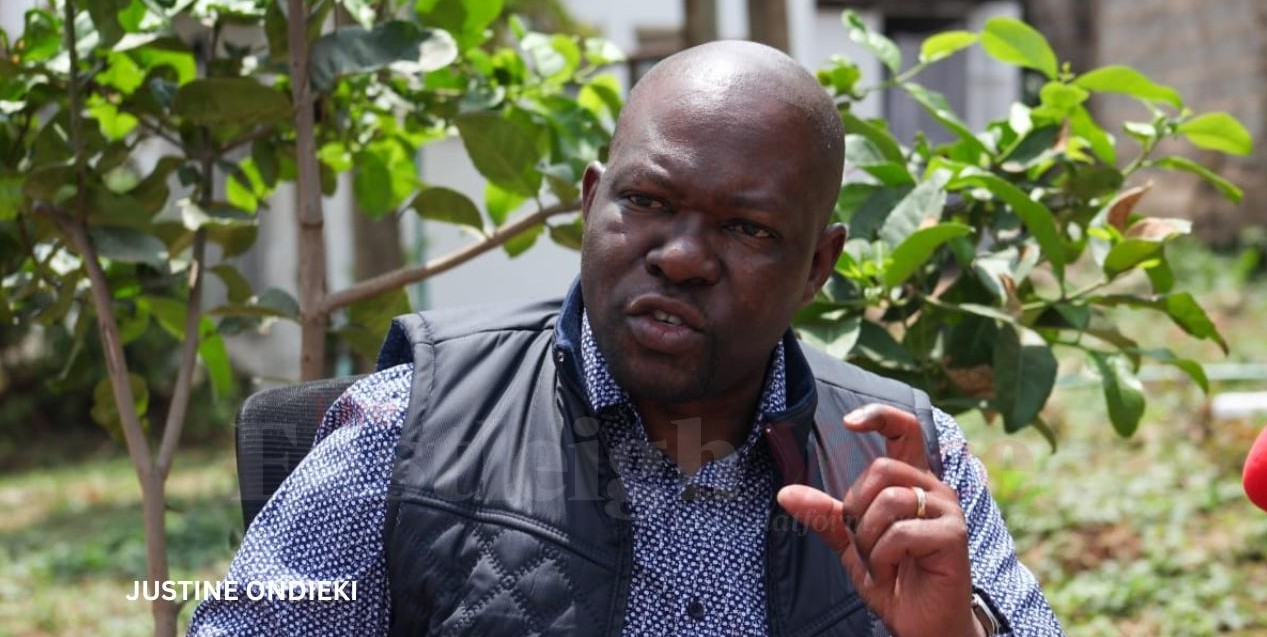MPs propose capping power purchase prices at Sh9/kWh to curb soaring bills

The MPs said the pricing cap is part of a broader plan aimed at cushioning Kenyans from expensive electricity while paving the way for lifting a moratorium on new power purchase agreements (PPAs) that has been in place since 2018.
In a bid to shield consumers from soaring electricity bills, Members of Parliament have proposed capping wholesale power prices for new contracts at $0.07 (Sh9.04) per kilowatt-hour.
In their report, the National Assembly’s Departmental Committee on Energy said the pricing cap is part of a broader plan aimed at cushioning Kenyans from expensive electricity while paving the way for lifting a moratorium on new power purchase agreements (PPAs) that has been in place since 2018.
More To Read
- National Assembly urged to end seven-year ban on new power deals to avert rationing
- Kenya Power reports record electricity demand amid cold season and rising connections
- CSs summoned by MPs over Kenya Power's Sh30 billion debt, high electricity costs
- Kenya leaps to top of Africa’s electricity regulation index, matching Senegal
- Senate moves to unmask power firm owners amid rising electricity costs
- MPs approve Bill aimed at lowering electricity costs in Kenya
Committee chairperson David Gikaria disclosed that capping prices is one of the conditions included in the report that his committee will table in Parliament, setting the stage for the moratorium’s potential removal. He said the proposed ceiling is based on a study of electricity pricing models in other countries.
“Two of the critical things we agreed with the ministry are that the price should not exceed seven US cents for any new PPA. This will cushion Kenyans from the high electricity prices. We also agreed on a flexible model where we will have both dollar and shilling-denominated PPAs,” Gikaria told Business Daily.
The moratorium, originally imposed in 2018, was lifted by the Cabinet in 2022 but reinstated by MPs in 2023, who argued that additional scrutiny of existing PPAs was necessary after reports that some agreements were punitive to consumers.
The price at which power producers sell electricity to Kenya Power remains the biggest hurdle in lowering bills, with some producers charging up to Sh56 per kWh. In contrast, local hydropower is the cheapest at Sh3.83 per kWh, followed by hydropower from Ethiopia at Sh8.44 and geothermal at Sh10.28, according to official data from early last year.
Shilling-denominated PPAs, Gikaria noted, will eliminate the foreign exchange fluctuation charge, which arises when the shilling weakens against hard currencies, a cost often passed to consumers since power producers use foreign loans to fund plant construction.
“Shilling-denominated PPAs were one of the major recommendations of a task force formed by former President Uhuru Kenyatta, aimed at lowering electricity prices,” he added.
Legislators are expected to debate the report and vote on whether to lift or extend the moratorium amid concerns over dwindling reserve margins, which have left Kenya’s electricity supply precariously low.
“The report is ready, and we are only waiting for the House Business Committee, which will meet on Monday. If they schedule us for Tuesday, October 7, then we expect that the House will adopt it by Thursday, October 9, and lift the moratorium,” Gikaria said.
Kenya has recorded seven new demand peaks in 2024 alone, forcing the country to increasingly rely on power imports from Ethiopia, Uganda and Tanzania to avoid blackouts and power rationing. Electricity imports from these neighbours more than doubled, rising from 644.07 million kWh in June 2023 to 1.53 billion kWh in June 2024.
Kenya Power currently imports up to 200 Megawatts (MW) from Ethiopia under a 25-year deal signed three years ago and is in talks to increase imports by another 50 to 100MW to meet surges in consumption during peak hours.
Current PPAs, many signed in the 1990s, did not cap wholesale prices, leaving consumers exposed to high costs while producers earned billions in profits. Recent government efforts to compel Independent Power Producers to lower wholesale prices, enabling Kenya Power to cut retail tariffs by 15 per cent, failed.
With reserve margins now below four per cent, far below the global recommended range of 20-35 per cent, lifting the moratorium could help bring new, cheaper electricity projects on board while protecting consumers from exorbitant power costs.
Top Stories Today









































